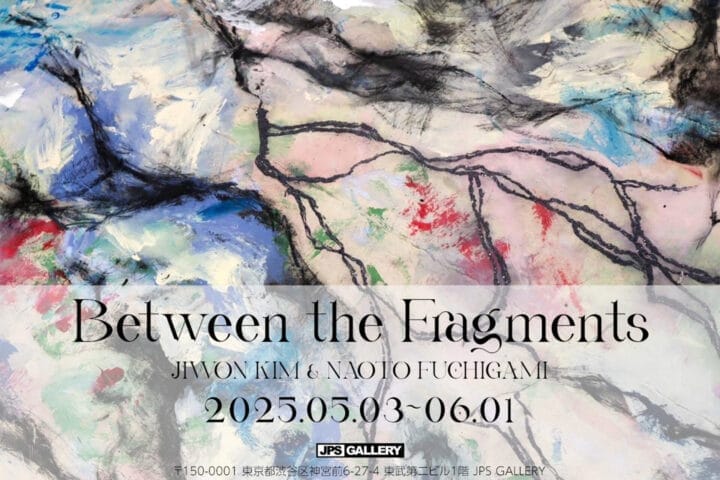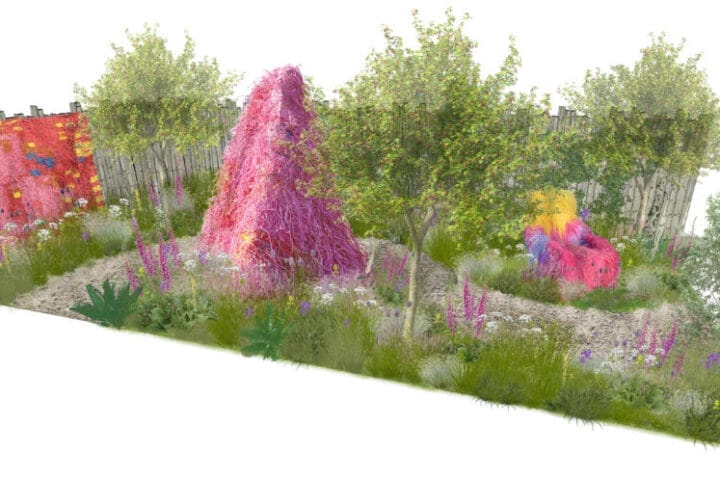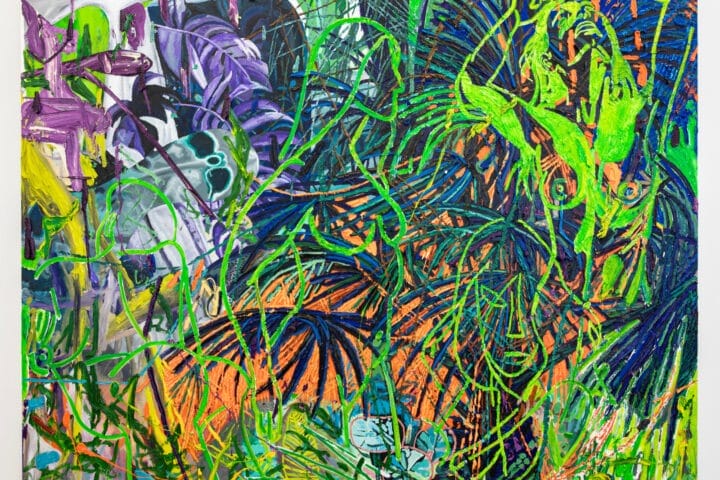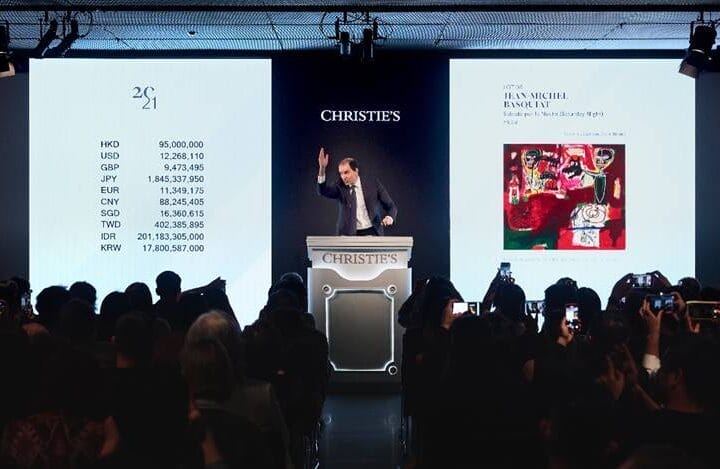Goodman Gallery is pleased to present conditions, Nolan Oswald Dennis’ third solo exhibition with Goodman Gallery.
The exhibition presents a new series of works centered around the figure of the globe. Incorporating the shape into various configurations, Dennis presents different perspectives on our familiar world as a means toward imagining new possibilities.
“Within this burning planet has always existed another world, and the struggle to realise it,” says Dennis. “The logic of colonial cosmology insists on the universality of the Western world: a planet rendered as private property, as social violence, as deliberate crisis. Occupying the same space and time as the colonial planet are other worlds. A planet rendered whole as indigenous land and life; a queer planet rendered just, feminist, socialist; a planet facing south, and east, and waterward. Altogether an ecology of black planets – a black cosmography (where black is a vector that opens toward hidden conditions of space and time).”
The spherical globe is the idealised figure of the planet in Western cosmology: seamless, smooth, unitary and knowable. Counter to this image of the world, Dennis proposes a series of transformations of the sphere, distorting and stretching the model in order to find space for other worlds, other worldly possibilities.
In reality, the geometry of the globe is a more imperfect spheroid shape. In deviating from the prevailing platonic sphere by abstracting the classic colonial image of the globe, we move “closer to the shape of the actual planet,” says Dennis. “Which is to say the planet as a complex topological figure which emerges from and merges with the world it prefigures. Our task has always been to complicate that figure, to configure the planet in such a way that it can hold other worlds.”
A number of abstracted globes included in the exhibition help articulate this position. These sculptural models form part of a series titled ‘a black cosmography’, which reference planetary images from popular culture, in particular Public Enemy’s album ‘Fear of a Black Planet’ (1990) and The Brother Moves On album, ‘A New Myth’ (2013). In addition, the globes draw on the dark matter hypothesis in the standard model of particle physics as well as multiverse theory in cosmology.
Dennis adopts a systems-based approach to conceive of new models for envisioning the planet and world it contains. For conditions, Dennis grounds this in a new earth-system model called a garden for fanon. The work — an extension of the ongoing research project ‘a curriculum for mud’ started in 2017 at the Massachusetts Institute of Technology — looks at soil as a complex model for social and political life on this planet. This is achieved using a bio-technical apparatus that turns texts from the black liberation archive into soil in collaboration with a community of eisnia foetida earthworms.
For the duration of the exhibition, the worms will consume the cellulose fibre of the books, converting these into flesh, energy, heat and worm castings that fertilise the soil. In doing so, the work acts as a gesture toward “sharing knowledge with soil, worms, and the earth itself, set[ting] up conditions of possibility in which an expanded collective can consider the world otherwise.”
As with any system, a series of protocols are essential to the management of this work. Alongside maintaining a consistent temperature and light frequency, a set of ‘care protocols’ are to be enacted. These will take the form of a series of readings, where invited participants will be asked to recite extracts from texts used in the work, to the worms as well as a small group of people. A series of new drawings and diagrams are presented as annotations to these models and systems.
More about the artist
Nolan Oswald Dennis (b. 1988, Zambia) is an interdisciplinary artist from Johannesburg, South Africa. His practice explores what he calls ‘a black consciousness of space’: the material and metaphysical conditions of decolonization. Born in Lusaka, Zambia and raised in Midrand, South Africa. He holds a Bachelors degree in architecture from the University of the Witwatersrand (Wits) and a Masters of Science in Art, Culture and Technology for the Massachusetts Institute of Technology (MIT).
Dennis’ work questions the politics of space and time through a system-specific, rather than sitespecific approach. He is concerned with the hidden structures that pre-determine the limits of our social and political imagination. Through a language of diagrams, drawings and models he explores a hidden landscape of systematic and structural conditions that organise our political subterrain. This sub-space is framed by systems which transverse multiple realms (technical, spiritual economic, psychological, etc) and therefore Dennis’ work can be seen as an attempt to stitch these, sometime opposed, sometimes complimentary, systems together. To read technological systems alongside spiritual systems, to combine political fictions with science fiction.
Dennis’ is the 2016 winner of the FNB Arts Prize, and has exhibited in various solo and group shows, including the 9th Berlin Biennale (2016), the Young Congo Biennale (2019), Museu d’Art Contemporani de Barcelona (MACBA), Architekturmuseum der TU München, among others. He is participating in upcoming exhibitions at Palais de Tokyo (Paris), Le Lieu Unique (Nantes), and the Goodman Gallery, and is a 2020 artist in residence at NTUCCA (Singapore).
Dennis will be the next artist in residence at the Delfina Foundation, London from September 2021.










